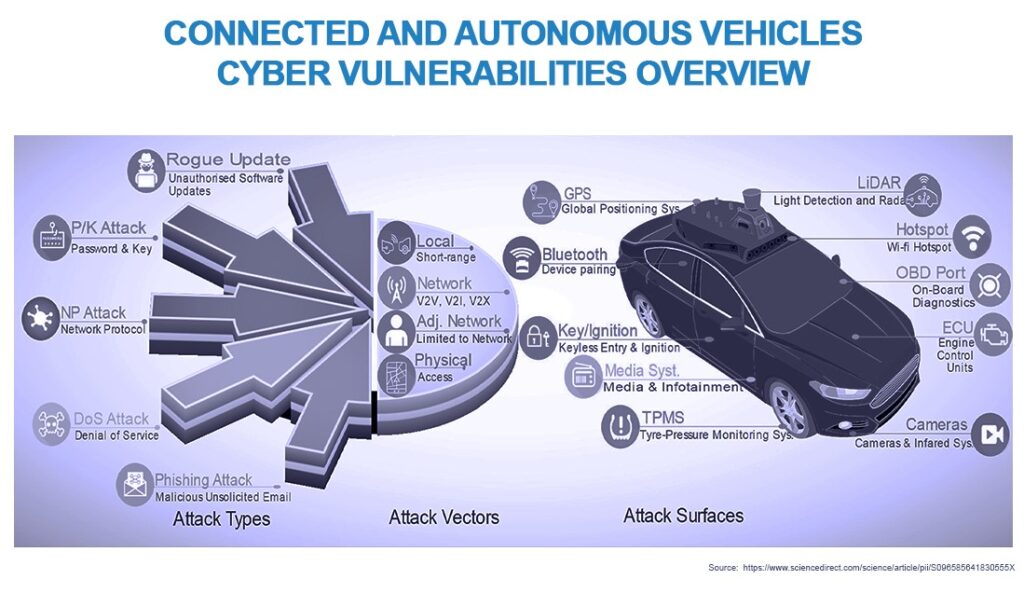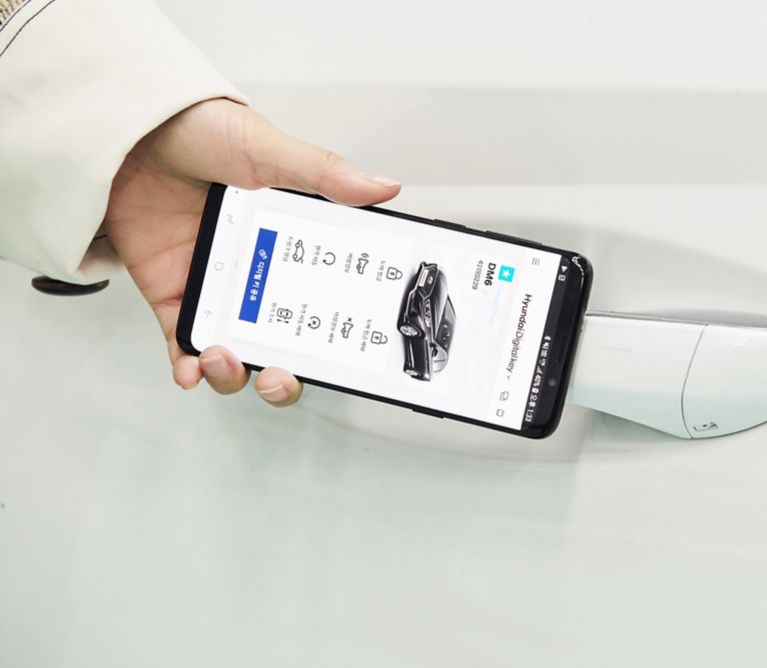Unlock Your Car The Digital Key Revolution
The Rise of Digital Car Keys: A Farewell to Fobs?
For decades, the car key has been a ubiquitous metal object, a small but essential link between driver and vehicle. But the automotive landscape is rapidly changing, and the traditional key fob is slowly becoming a relic of the past. Digital car keys, utilizing smartphones, smartwatches, and even key cards, are revolutionizing how we interact with our vehicles, offering convenience and security improvements that were previously unimaginable.
Smartphone Integration: Your Phone, Your Key
The most prevalent form of digital car key is the smartphone-based system. Many modern vehicles allow you to unlock, lock, start, and even share access to your car directly through a dedicated app. This eliminates the need to fumble for keys in your bag or pocket, particularly handy in inclement weather or when your hands are full. Furthermore, these apps often offer extra features like remote vehicle location, pre-conditioning of the cabin temperature, and even the ability to remotely check fuel levels.
Beyond the Phone: Smartwatches and Other Devices
While smartphones remain the dominant player in the digital key arena, the technology is expanding. Smartwatches are increasingly being integrated, offering a similarly convenient, hands-free experience. Imagine unlocking your car as you approach, simply by having your smartwatch nearby. Some manufacturers are even exploring other wearable technology and even key cards as options, providing flexibility and backup solutions in case your primary device is unavailable or malfunctions.
Enhanced Security: A New Era of Protection
Traditional car keys, while functional, are susceptible to theft and cloning. Digital keys, however, utilize advanced encryption and security protocols to drastically reduce this risk. The reliance on Bluetooth Low Energy (BLE) or Near Field Communication (NFC) technologies means that unauthorized access is extremely difficult. Many systems also integrate with cloud-based services, allowing for remote locking and tracking in case of theft, providing peace of mind for car owners.
Sharing Access: Simplified Key Management
One of the most compelling advantages of digital car keys is the ability to easily share access with others. Need to let a friend borrow your car? Simply send them a digital key through the app, granting temporary or permanent access as needed. This eliminates the hassle of physically handing over keys and allows for precise control over who has access and for how long. This is especially beneficial for families or car-sharing services.
The Future of Digital Keys: Expanding Capabilities
The evolution of digital car keys is far from over. Future developments will likely involve even more seamless integration with our daily lives. Imagine unlocking your car automatically as you approach, even without your phone in your hand, leveraging advanced biometric authentication technologies. The potential for integration with smart home systems and other connected devices is also vast, creating a truly holistic and convenient driving experience. Expect to see more sophisticated features like personalized driver profiles and advanced diagnostics relayed directly through the digital key interface.
Addressing Concerns: Battery Life and Reliability
While digital car keys offer many advantages, some concerns remain. Battery life on smartphones and smartwatches is a crucial factor. However, most systems are designed to provide ample warning before the digital key becomes unusable, giving users sufficient time to address the situation. Furthermore, manufacturers are constantly improving the reliability and resilience of their systems to ensure a smooth and uninterrupted driving experience. Most cars still have a backup physical key for emergencies.
The Transition: Gradual Adoption and Coexistence
The shift to digital car keys isn’t happening overnight. Traditional keys will likely coexist alongside digital alternatives for many years to come. However, the trend is clear: digital keys are becoming increasingly prevalent, offering a compelling blend of convenience, security, and flexibility that is reshaping the driving experience for millions of people globally. The convenience and additional features are making the digital key an increasingly desirable option for new car buyers. Click here for information about digital keys for connected cars.
Connected Cars Safety, Convenience, & More
Enhanced Safety Features Through Connectivity
Connected cars are revolutionizing safety on the roads. Features like automatic emergency braking (AEB) are becoming increasingly common. These systems use sensors and connectivity to detect potential collisions and automatically apply the brakes, significantly reducing the severity or even preventing accidents altogether. Beyond AEB, connected cars can offer lane departure warnings, blind-spot monitoring, and adaptive cruise control, all enhanced by real-time data from the vehicle’s network and other connected vehicles. This constant awareness of the surrounding environment allows for proactive safety measures that go beyond the capabilities of traditional driver-assistance systems.
Improved Navigation and Route Optimization
Gone are the days of relying solely on outdated maps. Connected cars leverage real-time traffic data to provide optimized routes, avoiding congestion and saving commuters valuable time. This is achieved through constant communication with servers that update traffic conditions dynamically. Beyond just avoiding traffic jams, connected navigation systems can factor in road closures, accidents, and even weather conditions to suggest the most efficient and safest path. This contributes to a smoother and less stressful driving experience, especially during peak hours or in unfamiliar locations.

Remote Vehicle Access and Control
The convenience offered by connected car technology extends beyond the driving experience itself. Many connected cars offer remote access and control features through a smartphone app. Drivers can remotely lock and unlock their doors, start their engine, check their fuel level, and even locate their parked car. This is particularly useful in inclement weather, allowing drivers to pre-condition their vehicle’s temperature before getting in. Furthermore, some systems offer remote diagnostics, allowing early detection of potential problems and proactive maintenance scheduling.
Enhanced Security Measures
While connected cars offer numerous benefits, security remains a crucial aspect. Manufacturers are constantly improving security protocols to protect vehicles from hacking and unauthorized access. Features like over-the-air software updates allow for quick patching of vulnerabilities as they are discovered. Strong encryption and authentication methods are employed to secure communication between the car and the cloud, protecting sensitive data. Moreover, some systems incorporate advanced intrusion detection systems that can alert owners to any suspicious activity.
Infotainment and Communication Integration
Connected cars seamlessly integrate infotainment and communication systems. Many models offer access to streaming music services, podcasts, and other entertainment options directly through the car’s interface. Hands-free calling and voice-activated controls enhance safety and convenience by minimizing distractions while driving. The integration of smart assistants allows for voice-controlled navigation, climate control, and other functions, transforming the driving experience into a more connected and intuitive one.
Data Collection and Privacy Considerations
The extensive data collection capabilities of connected cars raise important privacy concerns. Manufacturers collect data on driving behavior, location, and other aspects of vehicle usage. It’s crucial for drivers to understand what data is collected, how it’s used, and what security measures are in place to protect it. Transparency and user control over data sharing are essential to ensuring responsible data practices. Choosing vehicles from manufacturers with strong privacy policies and commitment to data security is paramount.
The Future of Connected Car Technology
The future of connected cars holds immense potential. We can expect further advancements in autonomous driving capabilities, with connected cars playing a vital role in the development of self-driving technology. Increased vehicle-to-vehicle (V2V) and vehicle-to-infrastructure (V2I) communication will improve road safety and efficiency. The integration of artificial intelligence (AI) will personalize driving experiences and optimize vehicle performance. As technology continues to evolve, connected cars will become even more integrated into our lives, offering unprecedented levels of safety, convenience, and efficiency. Please click here to learn about connected cars.


